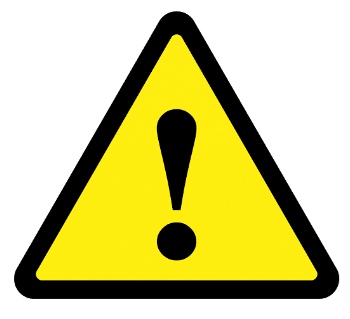Coronavirus – Important Information for Staff and Visitors. Updated 18/03/18
Due to the latest guidance from government, we are now in a position where staff will be required to work from home. Please be assured that you will still be able to access support from us. Your ISVA and/or therapist will discuss with you the best way to continue support whether that be on the phone or other options such as webchat.
You may still access the Sexual Assault Referral Centre but this will now include Covid-19 screening initially. Our Advice Line is unaffected so please contact us or your support worker directly if you need support.
In line with Government/PHE guidance please observe some basic prevention advice. There are things we can all do to help stop germs like coronavirus spreading:
Stay at home if you have coronavirus symptoms.
Stay at home for 14 days if you have either:
- a high temperature – you feel hot to touch on your chest or back
- a new, continuous cough – this means you’ve started coughing repeatedly
The whole household should be self isolated for this time, even if only one of you have symptoms.
Do not go to a GP surgery, pharmacy or hospital. You do not need to contact 111 to tell them you’re staying at home. Testing for coronavirus is not needed if you’re staying at home.
- Always carry tissues with you and use them to catch your cough or sneeze. Then bin the tissue, and wash your hands, or use a sanitiser gel
- Wash your hands more often than usual and for 20 seconds each time with soap and water or hand sanitiser, especially when you:
Get home or into work
Blow your nose, sneeze or cough
Eat or handle food
- Avoid touching your eyes, nose and mouth with unwashed hands
- Avoid close contact with people who are unwell
The best way to protect yourself from infections like coronavirus is to regularly wash your hands with soap and water. If soap or water aren’t available and your hands are visibly clean, then sanitiser gel can be used. However, proper hand washing is the most effective method and this should be your first choice.
- Avoid shaking hands
- In larger meetings, where possible, try and leave a space of one metre between you and other people.
Feeling more anxious following the outbreak? The BCAP have some advice here.
